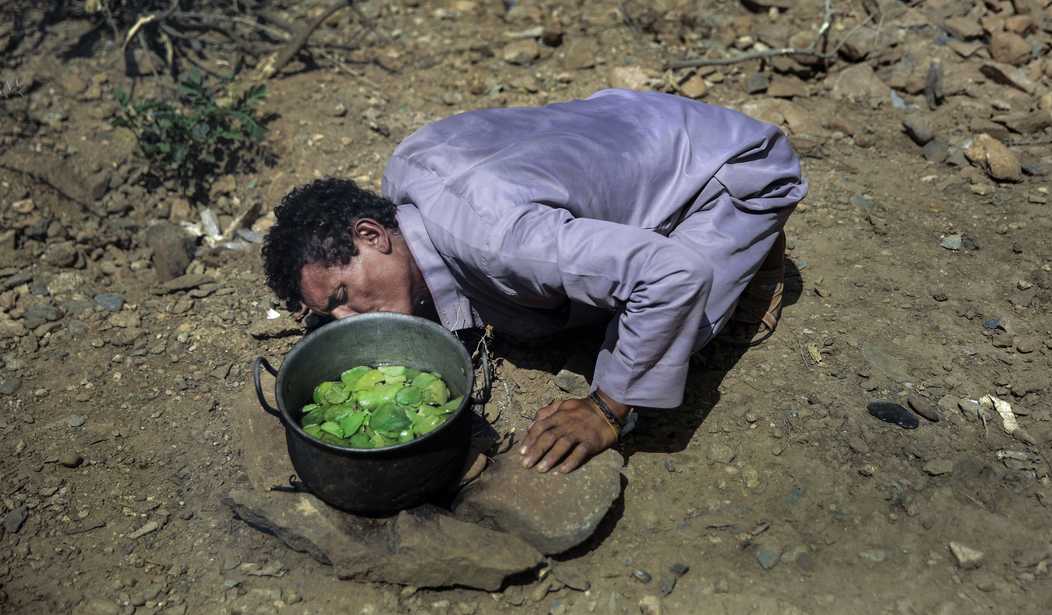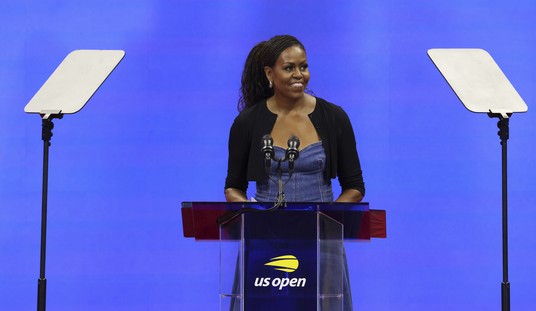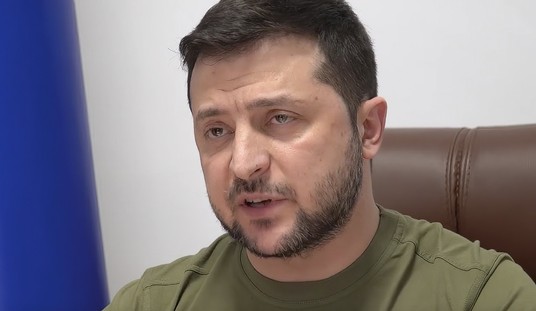Based on the public debate over whether – or how -- to deter Iran from its omnipresent position as instigator/catalyst of Middle Eastern flashpoints, it would surprise many to know that the percentage of U.S. troops deployed overseas at the present time is less than at any time since 1950: a fact noted by President Trump’s former national security adviser Lt. Gen. (ret.) H.R. McMaster in a speech to the Foundation for the Defense of Democracies, a Washington think tank with which he is now associated. It is also a fact that presumably pleases a large percentage of Americans who learn of it. And clearly pleases those who broke with President Trump’s policy of support for the Saudi-led coalition providing armed support for Yemenis fighting to reclaim their land and sovereignty from the Shiite Iranian-proxy Houthis.
For those who might require additional examples of the sometimes seemingly random and inconsistent nature of foreign policy, it would be effective to offer Yemen for consideration. Imagine: a nation frees itself from the autocratic abuses of a strongman who ruled for 30 years, holds free elections and sets upon a course that brings all segments of its population together in a national effort to restructure government and create a new constitution.
At that seminal moment, the march to democracy was derailed by the Iranian destabilizers, sending its Houthi stand-ins down from the mountains into the streets of the capital, Sana’a, in an armed coup that resulted in an estimated 12,000 deaths while bringing some 24 million Yemeni citizens into a humanitarian crisis and sending its newly-formed government sent into exile.
Clearly too much to overcome absent outside assistance, with the troops of President Hadi – head of the internationally-recognized Yemeni government – on the ropes, the Saudis created a coalition to provide air support for the ground forces. A brutal rebuttal: most certainly. And the difference between life and death for a free Yemen: absolutely.
For its part, the United States provided logistical support, none of which violated the rising populist mantra excoriating any thought of sending “boots on the ground” to the theater of conflict. But even that standard devolved beneath the weight of horrific images of the Saudi-group-inflicted carnage that was somehow seen as being even more heinous than the Houthis’ atrocities.
Recommended
Minister of Information Mummar Al-Eryani of the Hadi government explained to us in an exclusive visit with The Media Line that it was painful and “disappointing” when some members of Congress normally supportive of President Trump’s foreign policy broke ranks over the resolution to ban further support for the Saudi coalition to restore the remaining territories controlled by the Iranian-backed Houthis militia by the legitimate and elected government, which survived a veto by the president.”
When asked, Minister Al-Eryani indicated it was little comfort that the measure survived a presidential veto that would have otherwise ended critical contributions to the war effort such as the mid-air refueling of Saudi jets flying sorties against the Houthis and the provision of arms. “It tells us that American stalwarts of freedom and democracy have been numbed to our just cause. Equally painful is the reality that Yemen has become a source of controversy in our American friends’ domestic politics and a source of disagreement among the president’s political allies.”
President Trump, in issuing his veto, deemed it "unnecessary" with no American military personnel on the ground in Yemen "commanding, participating in, or accompanying military forces of the Saudi-led coalition against the Houthis in hostilities in or affecting Yemen."
In what seemed more a plea than an explanation, the minister clarified that, “We are not asking the U.S. to send troops to die” in his country, but to continue the needed logistical support that had enabled the Hadi-loyal armed forces to turn the tide against Tehran’s emissaries when it appeared they would be unable to sustain the fight. He is particularly concerned that U.S. officials fail to take the Houthi battle cry of “Death to America! Death to Israel!” seriously enough. “They mean it,” he admonishes.
Even so, the Saudi-sponsored coalition has been unable to dislodge the Houthis from Sana’a which would have ended the government’s domestic exile in the southern port city of Aden and allowed President Hadi to return from Riyadh. But experts fear that indefinitely extending the bifurcation of Yemen into zones governed by Hadi and areas ruled by the Houthis could easily become a permanent arrangement. Others point to the clear-and-present danger to any hopes of Yemen returning to its prematurely halted march toward democratization.
Minister Eryani, meanwhile, pleads to the international community, “not to leave Yemen an easy prey to Iran.”
Yemen’s leaders implore America’s lawmakers to apply the same resolve and persistence with which it thwarted the ISIS caliphate; or the abhorrence of visions like the photograph depicting a sea of school children literally forming a human shield in order to protect terrorist leader Mohammed Ali Al-Houthi. Implicit is their wish that world leaders recognize that the same thousands of young boys and girls carrying assault rifles instead of toys are being weaponized as Houthi fighters and apply the same standards and repercussions they apply to rocket launchers in the Gaza Strip.
Felice Friedson is president and CEO of The Media Line, the American news agency covering the Middle East. Ms. Friedson can be reached at editor@themedialine.org.

























Join the conversation as a VIP Member